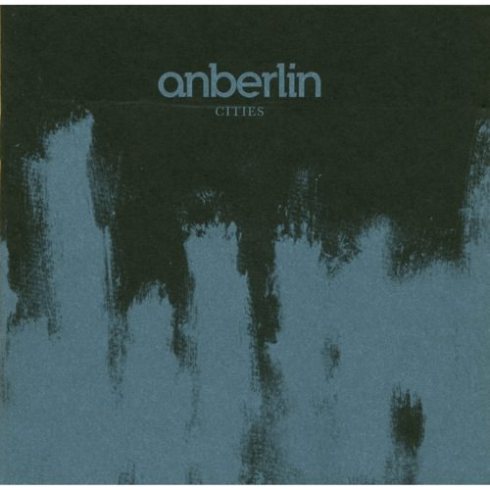City and Colour is definitely a band I use to find common ground with others. Few can complain about the delicate vocals of Dallas Green, and the more recent efforts have tinged toward more of a classic sound. The Hurry and the Harm is no exception. Coming almost two years to the date after the release of Little Hell, the new release picks up right where it left off.
I’ll start by saying that there’s really nothing to complain about in this album. There were no huge surprises stylistically, and everything from the performance to the production quality is excellent. At the same time, I didn’t really find anything that connected with me or got me excited. There are good songs, to be sure, but there are also songs that don’t stand out to me in any way because they sound like music that’s all been made before. It’s still distinctively City and Colour, but traces remind me of bygone eras. Fans of artists that gravitate toward sounds of the past will find lots to like on this album, while those hoping for something more modern or innovative may only find other aspects to appreciate.
Most of the songs implement a full-band sound similar to something one might hear in the mid-seventies. Relatively simple acoustic guitar foundations support bass, electric guitar, and less-than-tight-sounding drums, all while the breathy vocals of Dallas float on top. As stated, the performances are nearly flawless, but that comes as no surprise. I believe Green is one of the premier male vocalists of our generation. Some songs feature a simpler sound with only acoustic guitars and vocals, which come as a welcome break, in my opinion. Finger-picking sections make up for the somewhat simple-sounding chords that are used elsewhere. I miss the rich, even dissonant guitar work that characterized City and Colour’s earlier work, but the full-band composition adds complexity and dynamics in a different way.
If I had to choose one thing that I truly enjoyed about the album, it would be the lyrics. Dallas Green has always had a knack for exploring serious topics. I’ve always appreciated his ponderings even though I’m relatively certain we hold different world views. Words like those from the title track exemplify his style of reflective songwriting:
But why are we so worried
More about the hurry
And less about the harm?Always trying to conquer
That which does not offer
Anything more than a broken heart
Oh, what a cost for love
Other songs similarly explore questions of the human condition. Personally, I didn’t find as much of a balance between concrete, heart-rending lyrics and deep questioning as in previous records, but I’m an emo-kid at heart; it will be hard to top Sometimes in my eyes. Still, I applaud them for exploring their artistry and making the music they want to. I always admire that more than a band that repeatedly churns out whatever sells.
In conclusion, I give The Hurry and the Harm three out of five stars. It’s certainly a well-executed album, but I didn’t find anything to particularly love. It will be a nice addition to a mix of City and Colour songs, and some standout tracks such as “The Lonely Life” and “The Golden State” could grow on me over time. For anyone who is a fan of Dallas Green, it’s an easy decision to go ahead and pick it up.
You can find The Hurry and the Harm on Spotify and Amazon.





